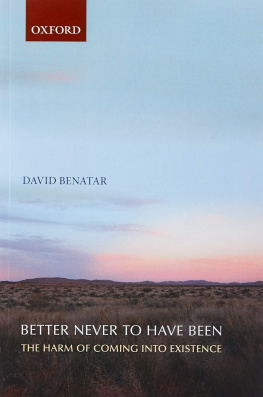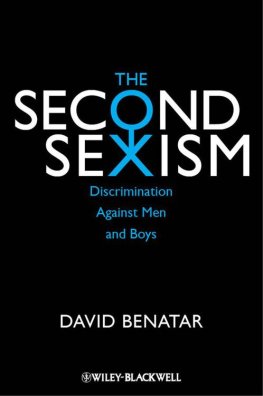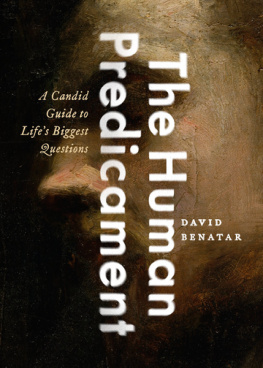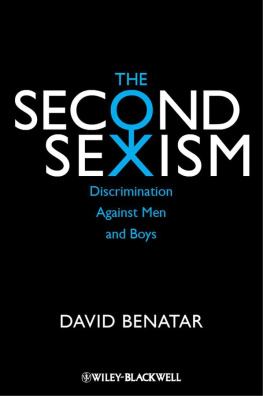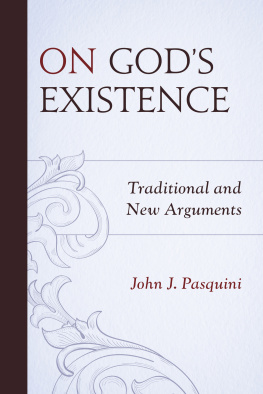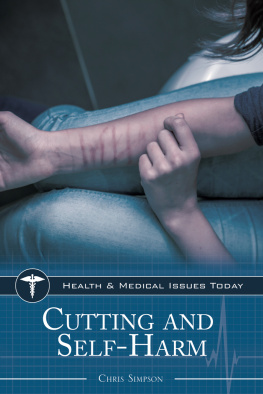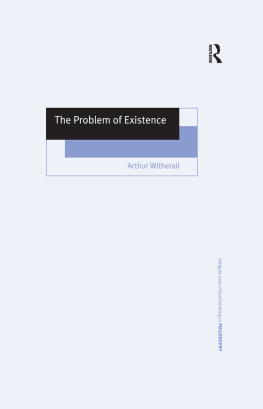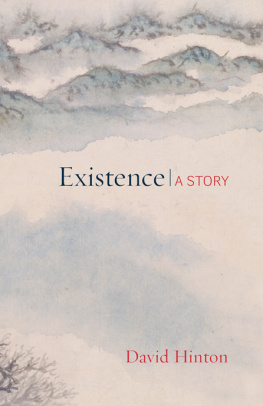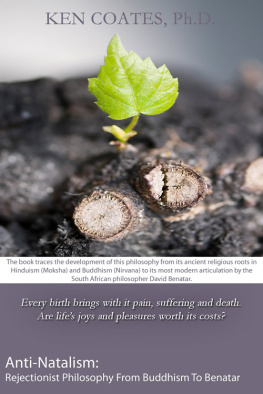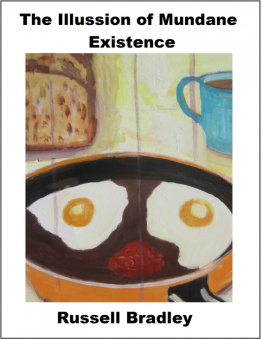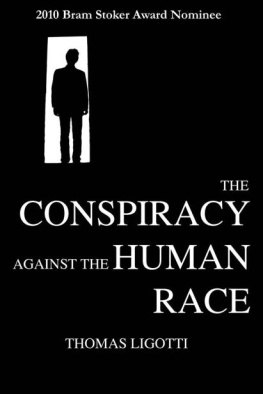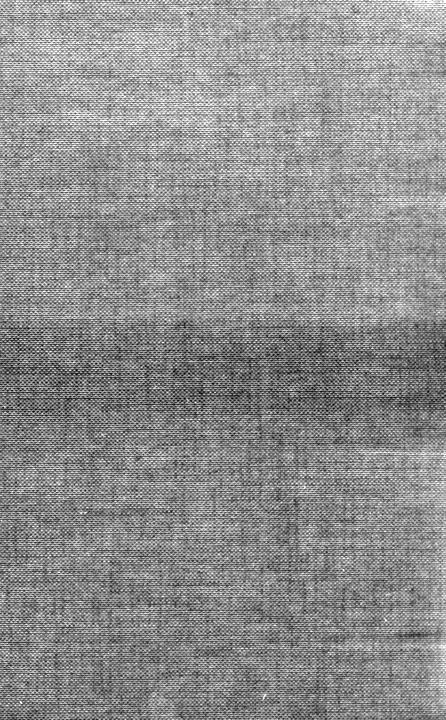
BETTER NEVER TO HAVE BEEN
BETTER NEVER
TO HAVE BEEN
The Harm of Coming into Existence
DAVID BENATAR

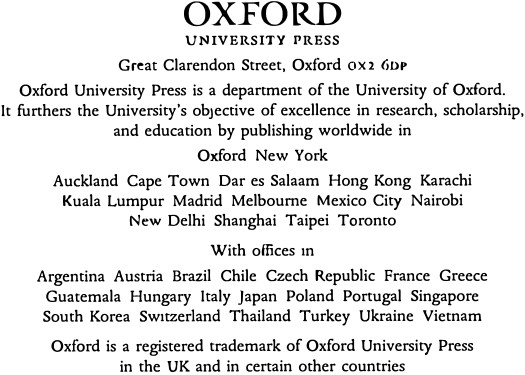

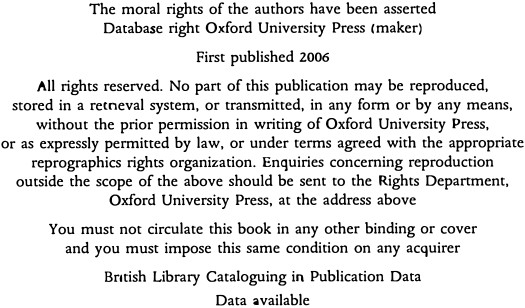
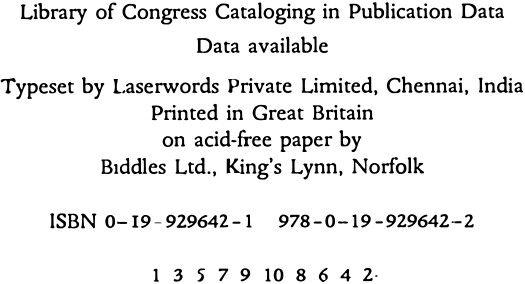
To my parents, even though they brought me into existence;
and to my brothers, each of whose existence, although a harm to him, is a great benefit to the rest of us.
Preface
Each one of us was harmed by being brought into existence. That harm is not negligible, because the quality of even the best lives is very bad-and considerably worse than most people recognize it to be. Although it is obviously too late to prevent our own existence, it is not too late to prevent the existence of future possible people. Creating new people is thus morally problematic. In this book I argue for these claims and show why the usual responses to them- incredulity, if not indignation-are defective.Given the deep resistance to the views I shall be defending, I have no expectation that this book or its arguments will have any impact on baby-making. Procreation will continue undeterred, causing a vast amount of harm. I have written this book, then, not under the illusion that it will make (much) difference to the number of people there will be but rather from the opinion that what I have to say needs to be said whether or not it is accepted.Many readers will be inclined to dismiss my arguments and will do so too hastily. When rejecting an unpopular view, it is extraordinarily easy to be overly confident in the force of one's responses. This is partly because there is less felt need to justify one's views when one is defending an orthodoxy. It is also partly because counter-responses from those critical of this orthodoxy, given their rarity, are harder to anticipate.The argument I advance in this book has been enhanced as a result of a number of engaging critical responses to earlier versions. Anonymous reviewers for the American Philosophical Quarterly offered worthy challenges, forcing me to improve the earliest versions. The two papers I published in that journal provided the basis for Chapter 2 of this book and I am grateful for permission to use that earlier material. Those papers were considerably reworked and developed partly as a result of many comments received in the intervening years and especially while I was writing this book. I am grateful to the University of Cape Town for a sabbatical semester in 2004, during which four of the book's chapters were written. I presented material from various chapters in a number of fora, including the Philosophy Department at the University of Cape Town, Rhodes University in Grahamstown, South Africa, the Seventh World Congress of Bioethics in Sydney, Australia, and in the United States at the Jean Beer Blumenfeld Center for Ethics at Georgia State University, the Center for Bioethics at the University of Minnesota, and the Philosophy Department at the University of Alabama at Birmingham. I am grateful for the lively discussion on these occasions. For their helpful comments and suggestions, I should like to thank, among others, Andy Altman, Dan Brock, Bengt Brulde, Nick Fotion, Stephen Nathanson, Marty Perlmutter, Robert Segall, David Weberman, Bernhard Weiss, and Kit Wellman.I am most grateful to the two reviewers for Oxford University Press, David Wasserman and David Boonin. They gave extensive comments that helped me anticipate the kinds of responses critical readers of the published work could have. I have attempted to raise and reply to these in revising the manuscript. I am sure that the book is much better for having considered their objections, even if they are not convinced by my replies. I am acutely aware, however, that there is always room for improvement and I only wish that I knew now, rather than later (or never), what improvements could be made.Finally, I should like to thank my parents and brothers for all they do and for all they are. This book is dedicated to them.

I
Introduction
Life is so terrible, it would have been better not to have been born. Who is so lucky? Not one in a hundred thousand!Jewish sayingThe central idea of this book is that coming into existence is always a serious harm. That idea will be defended at length, but the basic insight is quite simple: Although the good things in one's life make it go better than it otherwise would have gone, one could not have been deprived by their absence if one had not existed. Those who never exist cannot be deprived. However, by coming into existence one does suffer quite serious harms that could not have befallen one had one not come into existence.To say that the basic insight is quite simple is not to say that either it or what we can deduce from it will be undisputed. I shall consider all the anticipated objections in due course, and shall argue that they fail. The implication of all this is that coming into existence, far from ever constituting a net benefit, always constitutes a net harm. Most people, under the influence of powerful biological dispositions towards optimism, find this conclusion intolerable. They are still more indignant at the further implication that we should not create new people.Creating new people, by having babies, is so much a part of human life that it is rarely thought even to require a justification. Indeed, most people do not even think about whether they should or should not make a baby. They just make one. In other words, procreation is usually the consequence of sex rather than the result of a decision to bring people into existence. Those who do indeed decide to have a child might do so for any number of reasons, but among these reasons cannot be the interests of the potential child. One can never have a child for that child's sake. That much should be apparent to everybody, even those who reject the stronger view for which I argue in this book-that not only does one not benefit people by bringing them into existence, but one always harms them.My argument applies not only to humans but also to all other sentient beings. Such beings do not simply exist. They exist in a way that there is something that it feels like to exist. In other words, they are not merely objects but also subjects. Although sentience is a later evolutionary development and is a more complex state of being than insentience, it is far from clear that it is a better state of being. This is because sentient existence comes at a significant cost. In being able to experience, sentient beings are able to, and do, experience unpleasantness. from which we could also desist. A third reason for focusing on humans is that those humans who do not desist from producing children cause suffering to those about whom they tend to care most their own children. This may make the issues more vivid for them than they otherwise would be.
Next page
